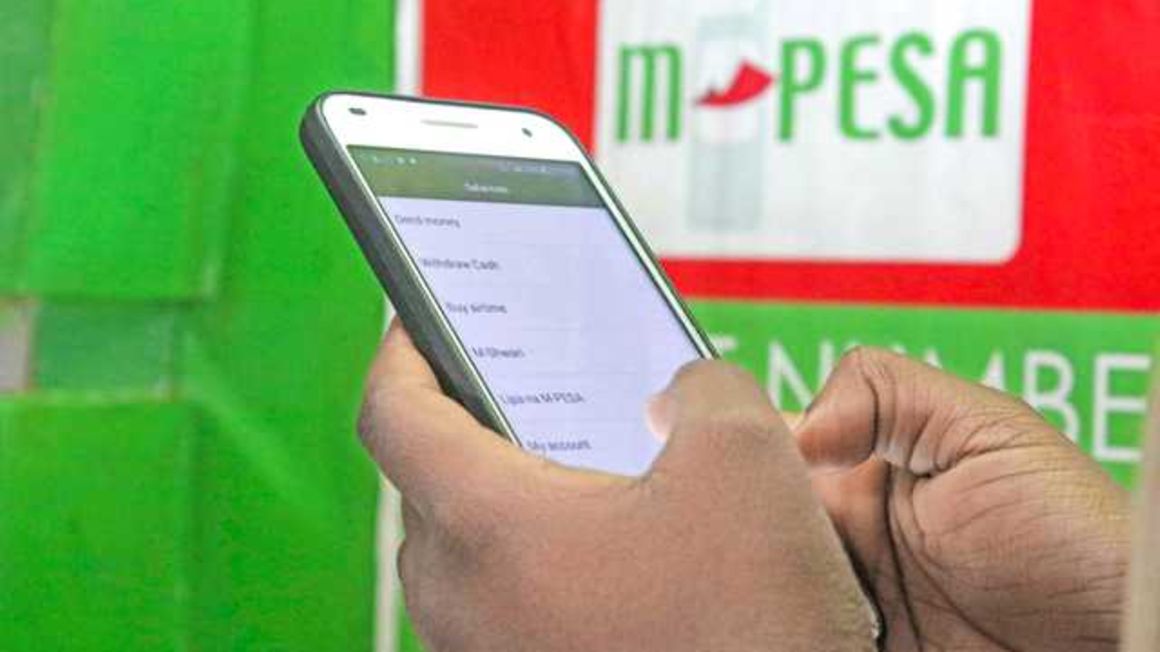AI Revolutionizes Credit Scoring in Kenya: How Digital Lenders Are Redefining Loan Approvals

Kenya’s digital lending space is undergoing a seismic shift as artificial intelligence (AI) transforms traditional credit scoring models. With over 50 digital lenders now using AI-powered algorithms, the rules of borrowing are changing dramatically. But how exactly are these systems making lending decisions, what data are they using, and crucially – are they fair to borrowers? This in-depth investigation reveals how AI is reshaping Kenya’s credit landscape, who benefits, and the potential risks lurking beneath the surface.
The AI Credit Scoring Breakdown
Traditional vs. AI-Powered Credit Assessment:
| Factor | Traditional Model | AI-Driven Model |
|---|---|---|
| Data Sources | Credit history, payslips | Mobile usage, social media, GPS |
| Approval Time | 2-7 days | 2-7 minutes |
| Default Prediction | 65-70% accuracy | 85-92% accuracy |
| Customer Reach | Banked population (38%) | Entire smartphone user base (75%) |
| Bias Risks | Income/employment bias | Digital footprint bias |
Source: Central Bank of Kenya 2023 Fintech Survey
Inside the Black Box: What AI Algorithms Track
Kenyan lenders are now using machine learning to analyze:
- Device Metadata
- Battery charging patterns (predicts employment stability)
- App usage frequency (flags financial stress)
- Typing speed changes (detects repayment anxiety)
- Alternative Financial Data
- M-Pesa transaction rhythms
- Airtime purchase habits
- Utility payment consistency
- Social Graph Analysis
- WhatsApp group memberships
- Mobile money network patterns
- Contact list default rates
The Good: Financial Inclusion Breakthroughs
Success Stories:
- Jijenge Credit: Increased rural lending by 300% using farming app data
- Hela Pesa: Reduced defaults 40% by analyzing M-Pesa transaction timing
- Stawi AI: Approves loans for 78% of first-time borrowers via alternative scoring
“We’re seeing 22-year-olds with no credit history get loans because their phone data shows financial responsibility,” says Mercy Wambua, CIO of a leading digital lender.
The Bad: Emerging Risks and Controversies
Red Flags:
- Dark Pattern Loans: Some apps manipulate users into taking unaffordable debt
- Privacy Invasion: 63% of borrowers unaware of full data collection (CBK report)
- Algorithmic Bias: Rural users score 18% lower despite similar repayment rates
Regulatory Response:
- New CBK guidelines requiring:
- Explainable AI models by Q3 2024
- Mandatory data consent forms
- Human oversight for loan rejections
Sector Impact Analysis
| Stakeholder | AI Impact |
|---|---|
| Digital Lenders | 40% lower default rates, but rising compliance costs |
| Traditional Banks | Forced to adopt hybrid models or lose market share |
| SMEs | Better access but risk over-indebtedness |
| Unbanked Populations | New opportunities with privacy trade-offs |
| Regulators | Racing to keep up with technological pace |
What Borrowers Need to Know
Protect Yourself:
- Audit what data lending apps access (check app permissions)
- Maintain consistent financial patterns (regular savings, timely payments)
- Dispute incorrect AI scoring through CBK’s new Digital Credit Tribunal
- Consider traditional loans if uncomfortable with data harvesting
Emerging Trends:
- Blockchain-based credit scoring trials underway
- Voice analysis AI for loan interviews being tested
- Predictive default modeling using merchant POS data
The Future of AI Lending in Kenya
2024 Projections:
- 85% of digital loans to use AI scoring (up from 52% in 2023)
- First AI credit scoring regulations expected by December
- Potential integration with national credit reference system
“We’re entering an era where your phone knows your creditworthiness better than your bank does,” warns tech economist David Ndii. “The question is whether Kenya will lead responsibly or repeat the 2016 digital lending crisis.”
To learn how your business can benefit from customized financial solutions, visit MUIAA Ltd. MUIAA offers expert guidance on funding opportunities both for personal and business. Contact us today for personalized support in meeting your business needs within Kenya’s evolving digital economy.











